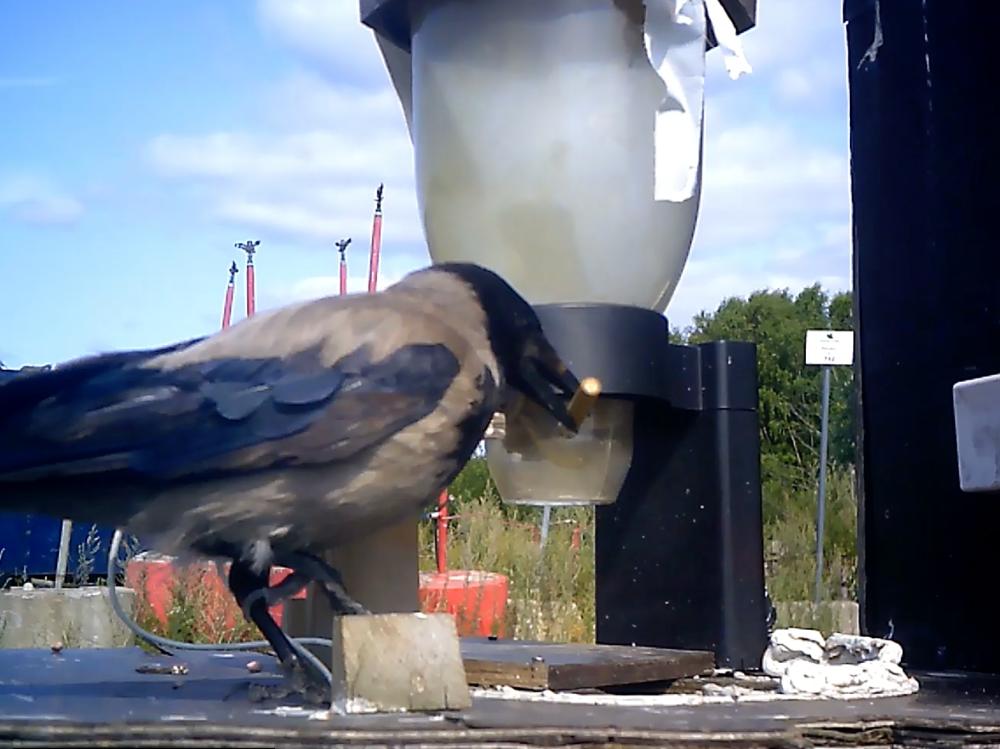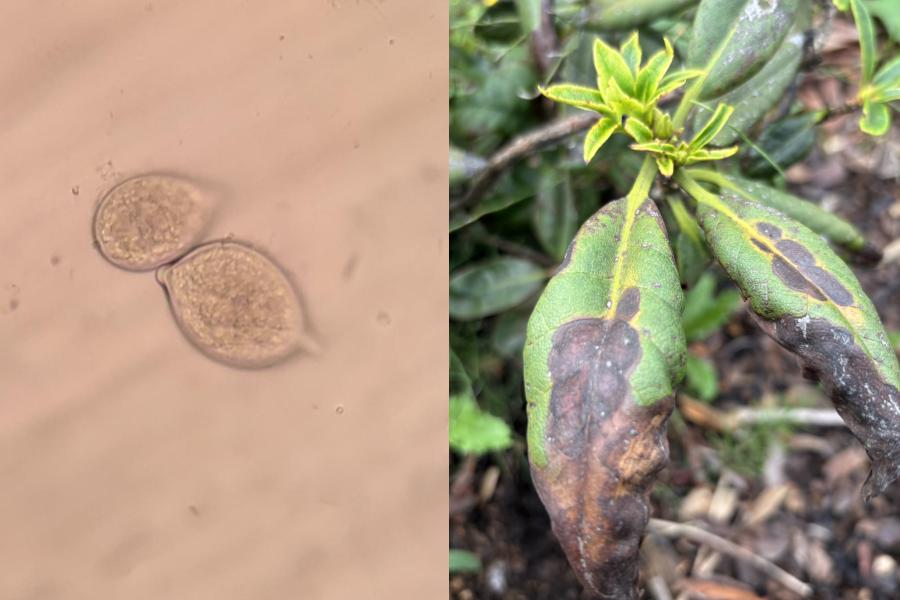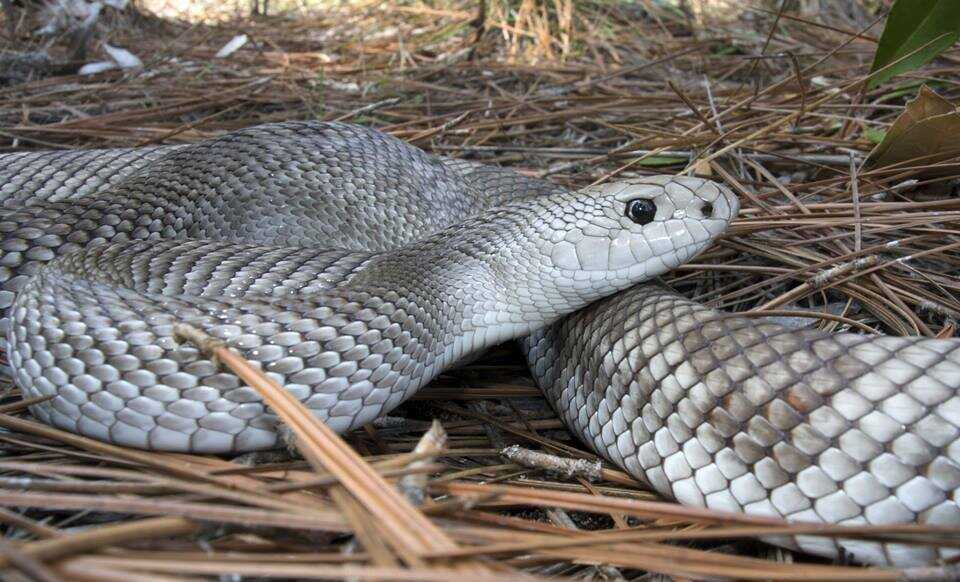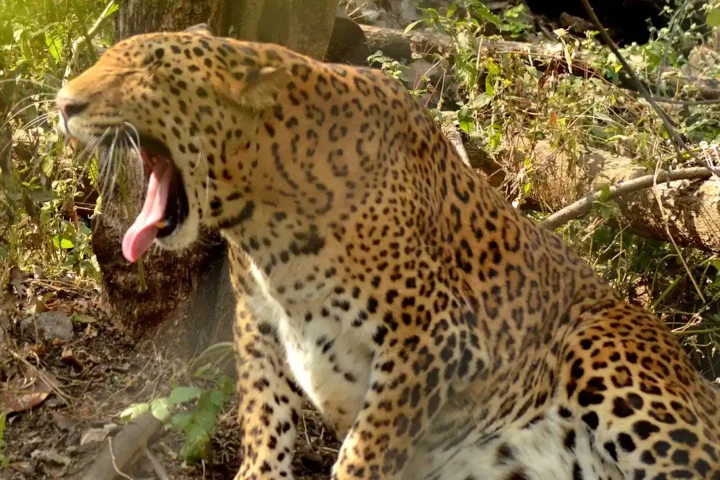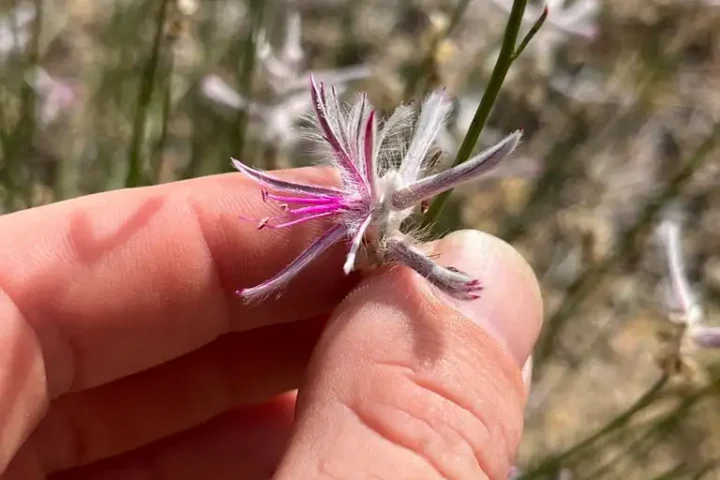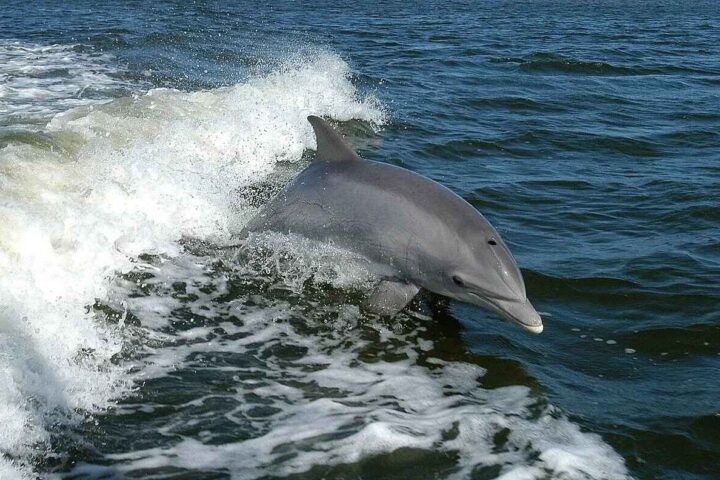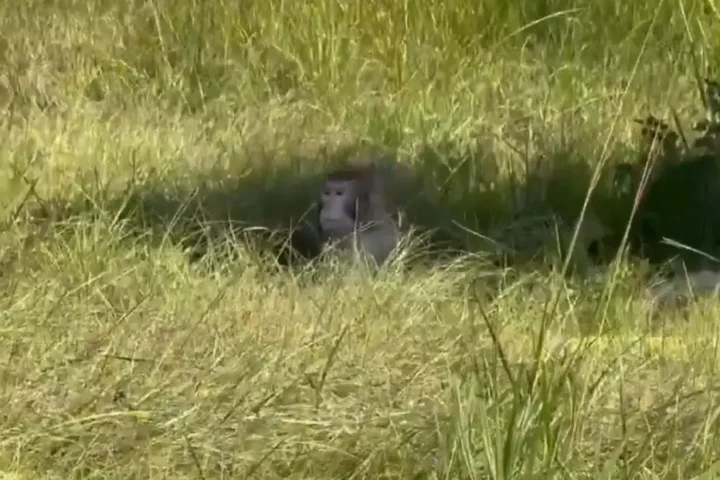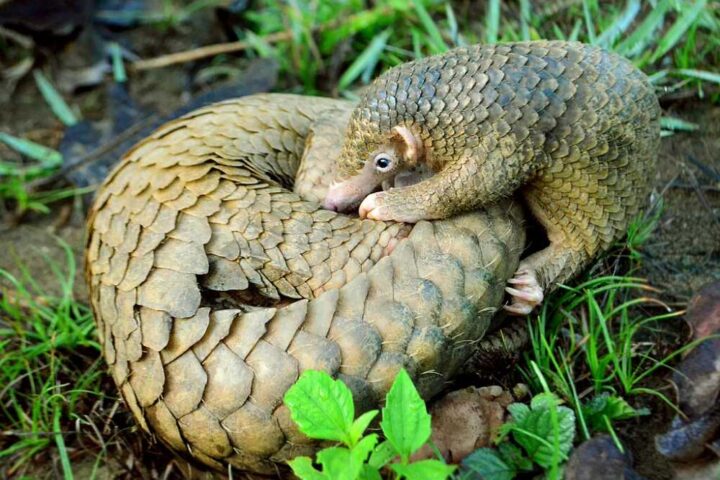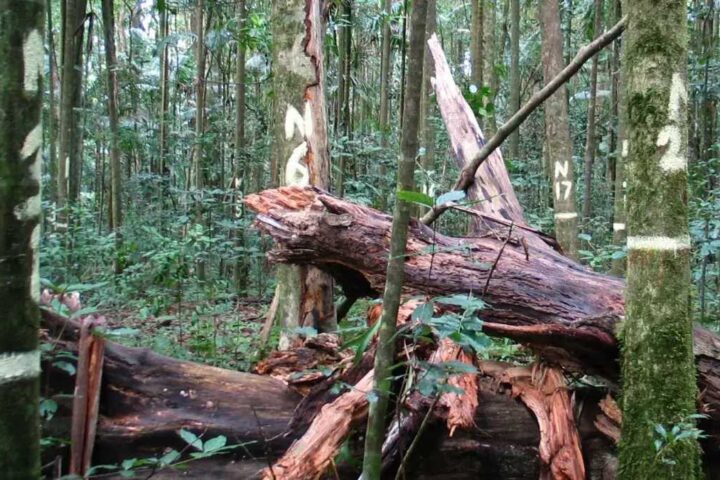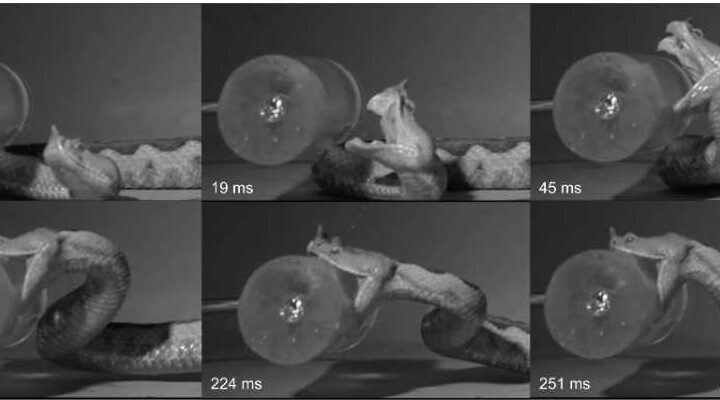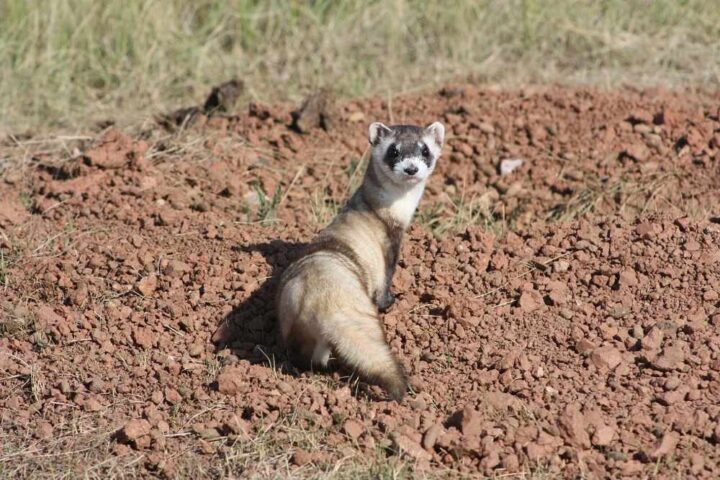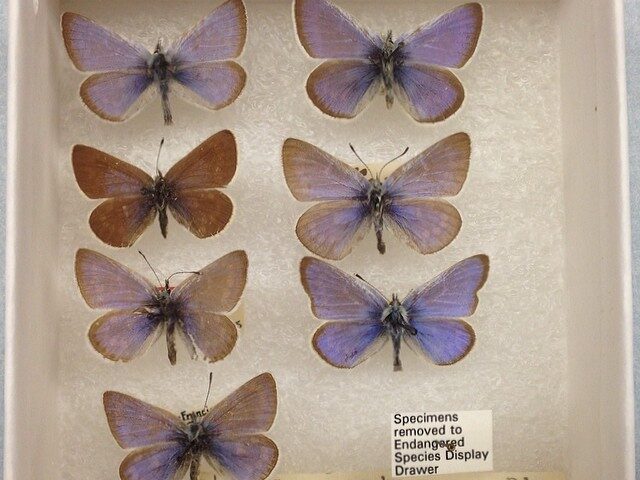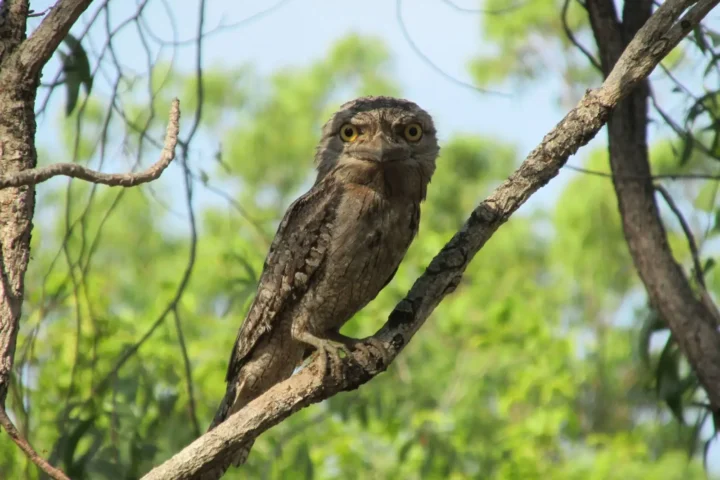At first glance, the sight might seem strange – wild crows in a Swedish city deliberately picking up cigarette butts from the street and dropping them into a special machine. But this isn’t random bird behavior. It’s part of an innovative solution to one of the world’s most widespread litter problems.
In the Stockholm area, Corvid Cleaning operates “bird bin” stations that reward crows with food for depositing litter; a pilot was announced in Södertälje in 2022.
Corvid Cleaning says it “provides a bin/feeding station where crows have the opportunity to dispose of litter they find on the streets, and get food in return.” The company states the solution is currently used “for cleaning purposes in close cooperation with our partners in the Stockholm area,” and that they are testing what items are safe for birds to pick.
Håll Sverige Rent estimates around 1 billion cigarette butts are littered each year in Sweden. In 2023 measurements, cigarette butts made up 48% of counted litter in city centers and parks, and tobacco-related items totaled 66%.
Cigarette filters, though small, pack a hefty environmental punch. Made primarily of cellulose acetate, a form of plastic, filters can persist for years in the environment. During that time, they release nicotine, metals and other toxicants into soil and water.
A peer-reviewed study in Tobacco Control reported median lethal concentrations around one smoked cigarette butt per liter for two fish species under test conditions.
Corvid Cleaning’s approach uses the natural intelligence of crows to help tackle this problem. Hooded crows (Corvus cornix) aren’t just random birds – they’re among the smartest creatures in the animal kingdom.
Recent peer-reviewed work documents advanced working memory in corvid brains and geometric regularity recognition in crows.
Similar Posts
The system works through basic reward learning. When a crow drops a cigarette butt into the machine, it receives a small food reward – typically a peanut. The birds quickly learn this connection and repeat the behavior. More importantly, other crows observe and learn the same trick.
According to Corvid Cleaning’s website, the solution is “currently used for cleaning purposes in close cooperation with our partners in the Stockholm area.” The company continues testing “what items are safe for the birds to pick.”
Not everyone is convinced using birds to clean up human litter is the right approach. Some worry about the birds’ health, given the toxic chemicals in cigarette butts. Others question whether shifting cleanup responsibility to animals takes focus away from changing human behavior.
Corvid Cleaning acknowledges these concerns on their website, noting they’re “testing what items are safe for the birds to pick” before wider deployment.
The timing of this project aligns with new European regulations targeting cigarette waste. Under Directive (EU) 2019/904 and Sweden’s SFS 2021:998, producers are responsible for costs linked to cigarette-butt waste; Naturvårdsverket specifies that the producer responsibility organisation must, among other tasks, collect cigarette butts throughout Sweden and ensure no-cost return options for the public.
Similar bird-based cleanup efforts have been tried elsewhere. In 2018, the Puy du Fou theme park in western France trained crows to collect small pieces of litter. French startup Birds for Change has created its own “BirdBox” machine that rewards birds for trash collection.
At Corvid Cleaning’s pilot location, the crows continue their work – picking up discarded cigarette butts and depositing them for treats. The birds come and go as they please, participants in an unusual experiment that combines animal behavior, environmental cleanup, and human innovation.

The company describes a bin/feeding station that exchanges litter for food and notes current cooperation with partners in the Stockholm area. And somewhere in between this bird-human partnership, fewer toxic cigarette filters end up in Sweden’s soil and water.
The microplastics from cigarette filters are part of a larger ocean plastic problem, with artists even using this waste in creative projects to raise awareness. Meanwhile, the Swedish Environmental Protection Agency continues to implement producer responsibility regulations to address the issue at its source.
